One of the prominent candidates considered to replace President Ebrahim Raisi is Saeed Jalili, the theorist behind many behaviors and functions of his administration.
Mustafa Faqihi, the editor of the Entekhab news website, recently wrote, "Jalili did not need to take responsibility in the [Raisi] administration because he was the theorist of many government behaviors."
Jalili has significantly impacted the country's economy since 2006 by tackling various international sanctions.
From 2013 to 2021, he placed numerous obstacles in the path of nuclear negotiations, doubling efforts to worsen the economic situation.
Jalili is seen as a continuation of the destructive economic theories akin to those of Muhammad Taqi Misbah Yazdi.
Misbah Yazdi considered Jalili an ideal president, although Jalili also saw Misbah as a solid mountain in defense of the Islamic system.
Attributing the title of theorist to Raisi's government to Jalili proves that if he assumes the presidency, the policies will be implemented more swiftly and deeply than before.
Jalili launched his shadow government after the second victory of Hassan Rouhani in the presidential elections of 2017.
When Jalili withdrew from the 2021 elections, stating, "Let's help him accept responsibility by voting for Ebrahim Raisi," few envisioned him as a behind-the-scenes planner in Raisi's government.
An examination of the ministries in the President's government reveals how Jalili's associates are spread across different levels of the government.
The domestic media refer to those close to Jalili employed in various government positions as "Jalilion."
The pursuit of implementing Jalili's plans in Raisi's government reached a point where the Etemad newspaper wrote an article titled "Saeed Jalili's Empire in the President's Government."
"Except for the figures close to Saeed Jalili who are prominently present at the director general levels in the economic ministries of Raisi's government, Saeed Jalili's economic strategies are abundantly seen in the economic programs of the government, especially the agendas of Seyed Ehsan Khandozi."
According to local media reports, Jalili had the closest alignment with Ebrahim Raisi in his 2021 election promises, and from his statements, it appears that Jalili's economic programs were just as "shallow, planless, and rhetorical" as Raisi's.
In his election campaigns, Jalili criticized the previous government's economic problems by highlighting them without providing precise solutions.
However, what distinguishes Jalili's economic programs is the focus on the "Islamic economy," a framework based on the hypothesis of "unlimited sources of divine blessings."
This assumption, rooted in Quranic verses, contrasts starkly with the fundamental economic principle of resource limitation.
Jalili's imitation of Misbah Yazdi and his economic theories are evident in his words and comments.
Misbah Yazdi, a radical Shia cleric and spiritual father of the Front of Islamic Revolution Stability, has left a lasting impact on Iran's economy through his opposition to academic sciences and modern economic achievements.
Misbah Yazdi was a significant theorist of Islamic economics, referring to economic conflicts as a "soft war."
He drew parallels with the event known as Sha'ab Abi Talib in Islamic history, suggesting that economic difficulties and calamities would cause people to return to God, stating: "These calamities help people cry and go to God."
Another point emphasized by Jalili is economic independence. In a globally interconnected world driven by profitability and communication, "economic independence" often translates to "economic isolation."
Jalili's 2021 election program included 36 economic promises, many of which resemble the incomplete and often unsuccessful plans of the Raisi administration. The results of some of Jalili's promises have been seen in Ebrahim Raisi's administration.
Many of Jalili's economic plans were influenced by Ehsan Khandozi, the Minister of Economy of Raisi.
Solving the inflation problem through a "resistance economy" was a central theme in Jalili's election campaigns.
He viewed the "resistance economy" as a correct strategy and a precise answer to "conspiracies against the country," aligning with the belief that economic difficulties prompt people to return to God.
For Jalili, economics as understood in the West is irrelevant.
He emphasizes an "economics of blessings and resistance," believing that economic progress results from God's care and will.
Jalili's promise to build one million housing units per year mirrors Raisi's pledge to construct four million housing units over four years.
However, Jalili's approach to this plan was strikingly similar to the behavior and rhetoric of Raisi's first deputy when addressing this promise.
In a meeting with students at Guilan University in 2022, more than a year after the housing promise, Jalili emphasized that the government's policy to solve the housing problem does not necessarily mean that the government itself should build the housing.
This echoed the stance of Mohammad Mokhber, the vice president, who said, "The government is not going to build housing," amidst rising demands for the construction of the promised four million units—central to Raisi's election campaign.
The National Housing Movement project, which aimed to grant facilities and allocate land, was implemented during Raisi's administration but saw zero per cent participation from eighteen banks.
The inability of applicants to pay initial sums, protests over exclusion from applicant lists, and high instalment plans multiple times more than the minimum wage for the targeted low-income community were notable outcomes of this initiative.
In 2021, Jalili, along with Mokhber, advocated for domestic vaccine production.
Jalili had earlier tweeted in 2020: "If we imported a vaccine from several European countries for $4-5, sometimes they would play games and not give us the technology. But Cuba was the leader in the production of this vaccine and sold it to us for less than half a dollar with the same quality and technology transfer. Even now, there is the capacity to export vaccines to our neighbors."
This statement reflects Jalili's emphasis on economic independence and self-sufficiency in line with his broader economic philosophy.
For the first time, Jalili mentioned bank super-debtors in his 2013 election campaign, highlighting that billions of dollars were in the hands of only six bank debtors.
According to Jalili, the lack of financial transparency and a regulatory structure in Iran's economy has allowed some individuals to make huge profits by abusing currency resources through hoarding and stock market gambling, with the costs ultimately borne by the public.
These issues were prominent in the slogans of the government. It considered addressing these problems as an achievement and a sign of transparency.
However, the implementation was incomplete, with only partial publication of loan repayment details and no substantial action on super-debtors.
In 2013, Tasnim reported that Jalili identified large tax evasions as a major source of corruption, attributing this to the absence of a comprehensive database.
Jalili and his team aimed to design an economic system to address this issue, including the development of a foreign exchange portal system intended to regulate the market and currency transfers.
Jalili emphasized that many workers and employees with modest salaries are forced to pay taxes, while those with high incomes and great wealth often evade taxes. He argued that the government should address this imbalance.
Ebrahim Raisi and his cabinet took this issue into account in the 2022 and 2023 budget bills, imposing unprecedented 70 per cent and 50 per cent increases in the government's tax revenue.
This move sparked protests from various business sectors, including goldsmiths.
Jalili has repeatedly assured his supporters that, if elected president, he would uphold the principles of the Islamic Republic, including religious authority and a divine economy.
He believes that faith and piety among the people will lead to economic growth and divine blessings.





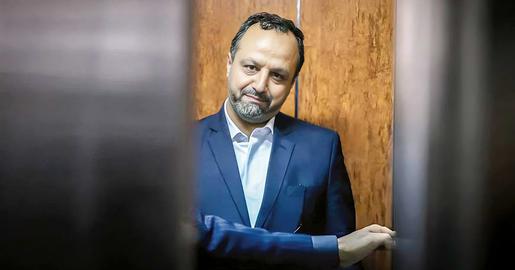






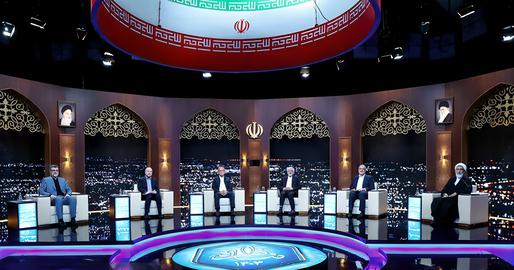


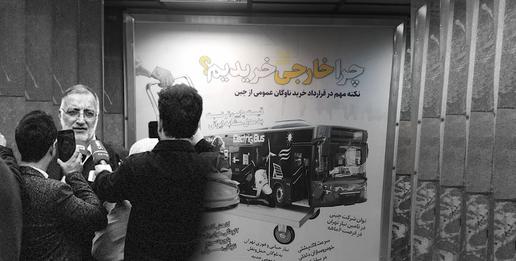

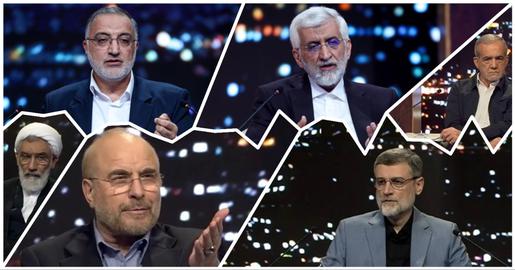
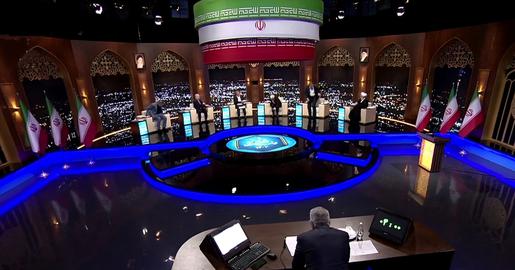






comments